In light of the sanctions faced by the Chelsea owner, The Game columnist Andy Murray takes a look at the changing role of club custodian in sport.
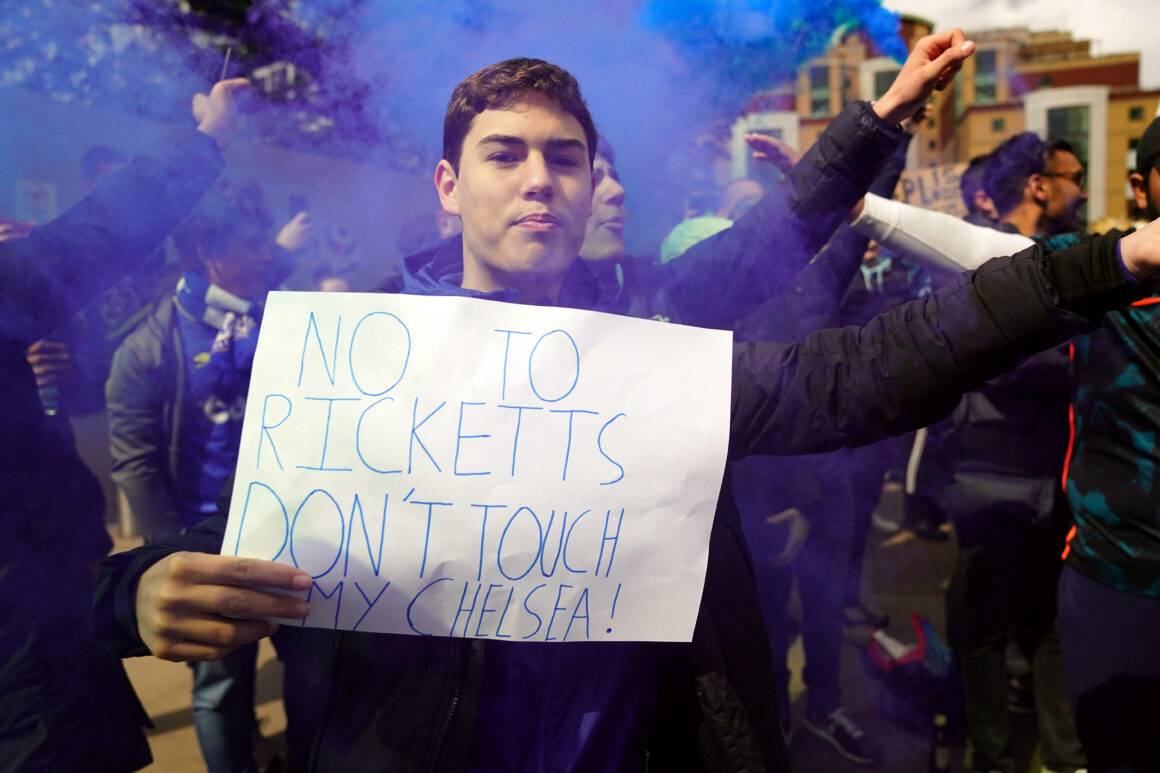
What next for Roman Abramovich and sports ownership?
All it took was war in mainland Europe, four million (and counting) refugees scattered across the continent and the real and present threat of the planet’s outright nuclear, chemical and biological destruction. Not nefarious owners driving their centuries-old clubs into the gutter. Not asset-strippers selling off stadia to make a fast buck. Not even the takeover of Newcastle by the sovereign wealth fund of Saudi Arabia’s royal family, a country which has spent much of the past seven years indiscriminately bombing Yemen.
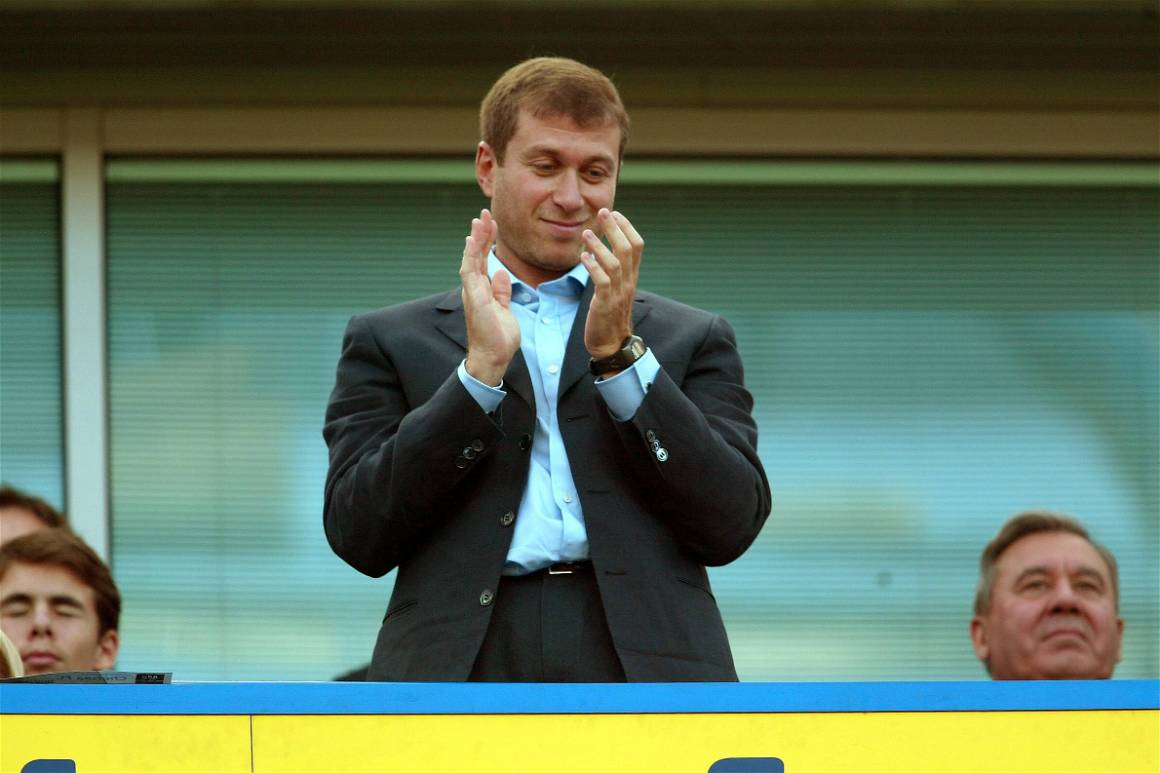
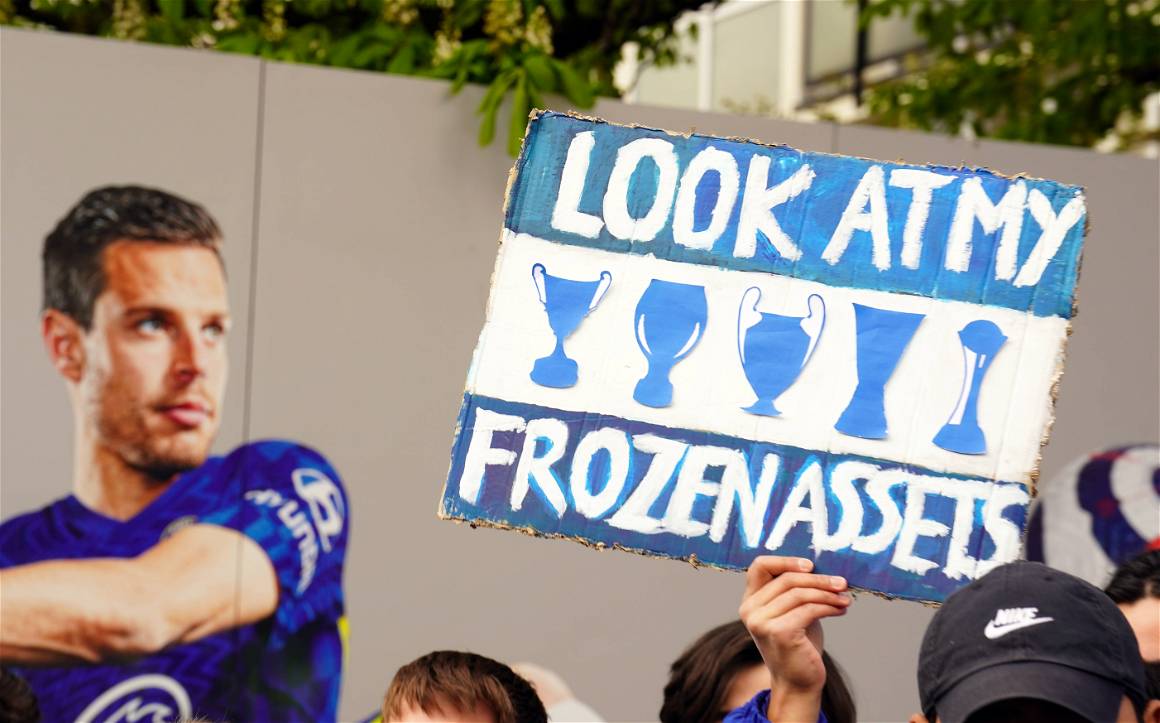
Nope, to start having a serious conversation about the people who own our sporting institutions, we needed Russia to invade Ukraine with no just cause and Chelsea owner Roman Abramovich to be sanctioned by the UK government over his ties with Vladimir Putin, measures which place the very future of the West Londoners in jeopardy. Abramovich, of course, denies any such association with the Russian leader. Chelsea aren’t the only institution affected – Everton have ended any sponsorship associated with similarly sanctioned oligarch Alisher Usmanov before they faced similar issues, while UEFA have cut ties with Russian energy giant Gazprom, once owned by Abramovich – but they’re definitely the biggest.
Remember when Marcus Rashford, Tyrone Mings and Co were told to stick to the football because politics and sport should never mix?
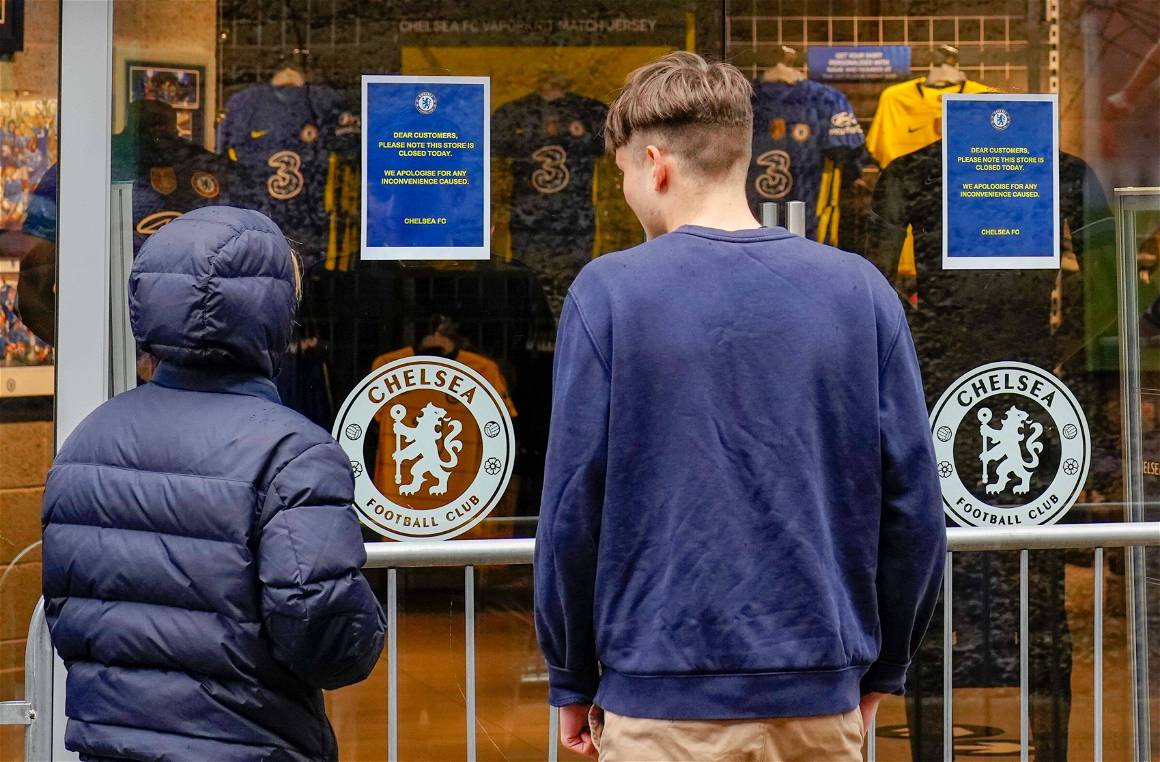
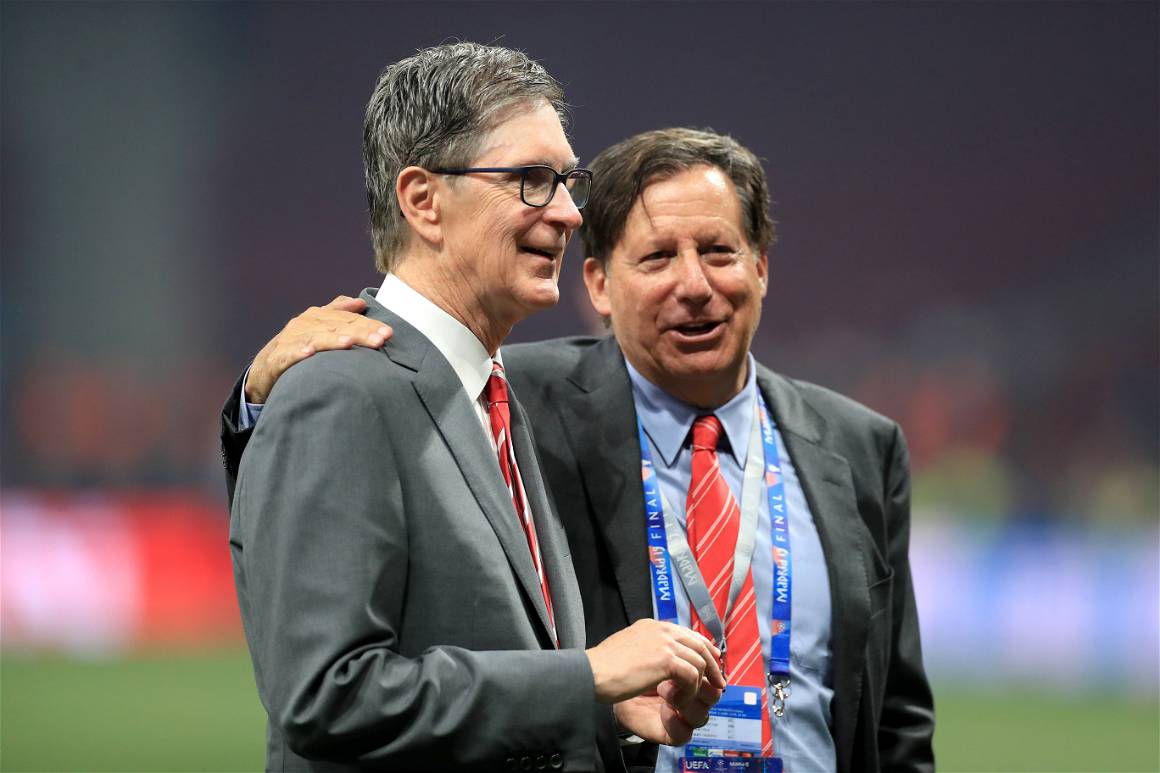
Chelsea, put up for sale by Abramovich five days after Russia’s invasion of Ukraine, are currently prevented from operating as a normal business – they can’t sell tickets or merchandise – and only continue to exist because the UK government view them as a community asset which cannot simply be allowed to be dissolved. It’s this grey area between functioning business and cultural status symbol that makes elite sports clubs so attractive. Indeed, there’s an argument sports teams shouldn’t make a profit.
For some, it buys legitimacy. That’s why oligarchs like Abramovich and Usmanov were part of football’s first round of mega-rich investment – outlined in James Montague’s excellent book The Billionaires Club – since the mid-2000s. Both sought foreign acceptability after profiting for the sell-off of post-Soviet public industry in Russia. Abramovich – whose name was chanted around Stamford Bridge in the immediate aftermath of the sanctions – found it at Chelsea.
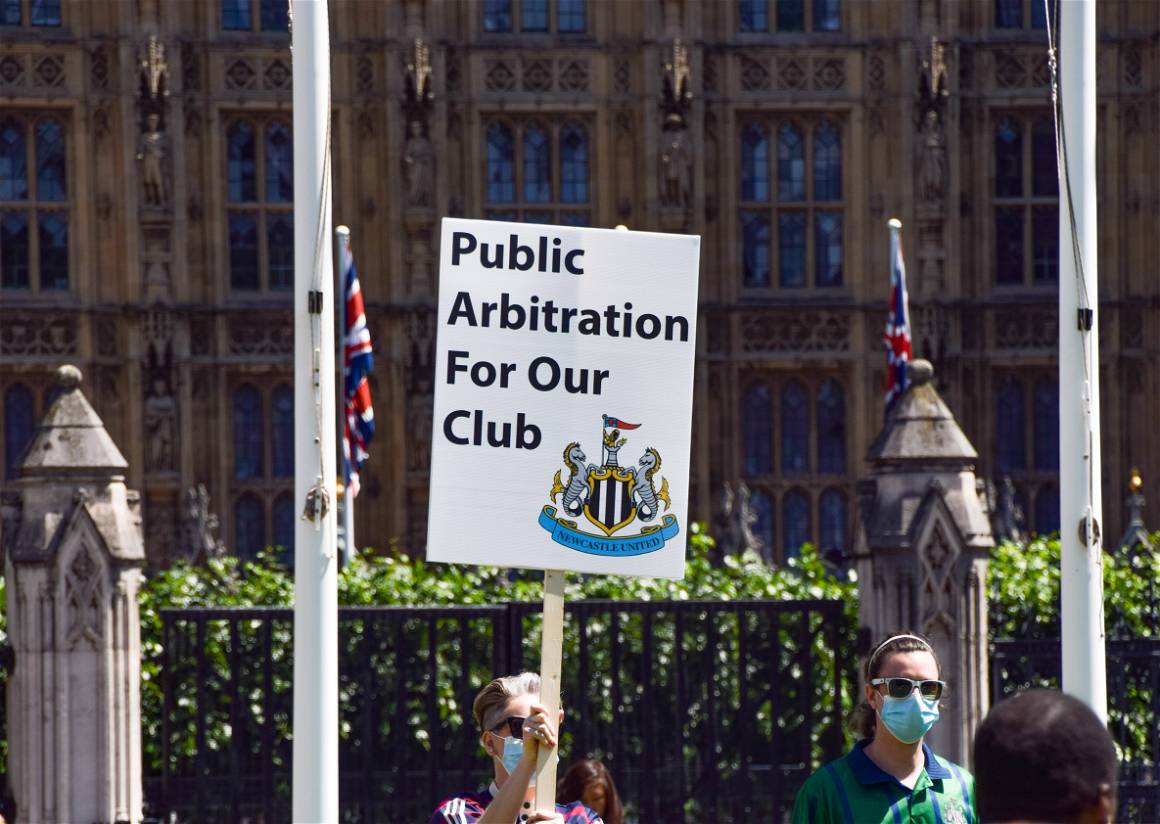
Now it’s the turn of the Middle East. Saudi Arabia’s Public Investment Fund (PIF) have invested in Newcastle not to make money – the sovereign wealth fund has more than enough of that, about $500bn at the last count – but to sportwash a regime which (according to US intelligence reports) has personally approved the murder of citizens critical of a human rights-abusing regime. PIF are also trying to buy a controlling stake in Italian giants Inter Milan.
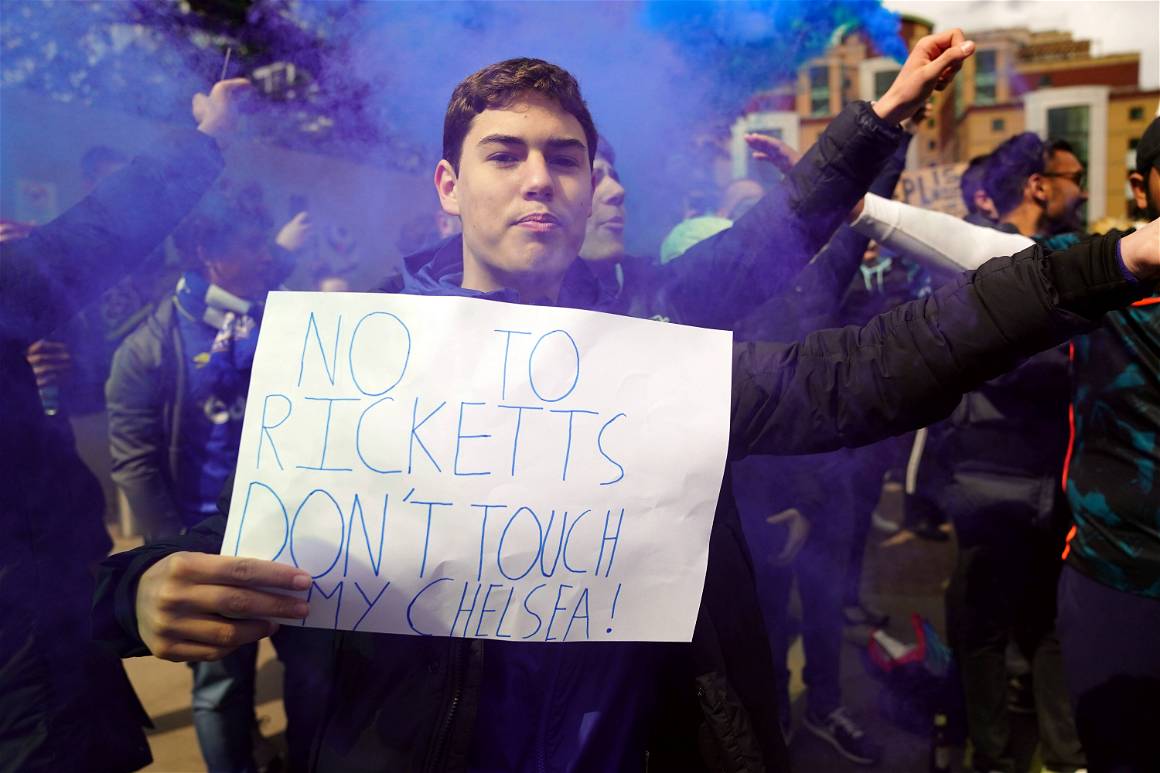
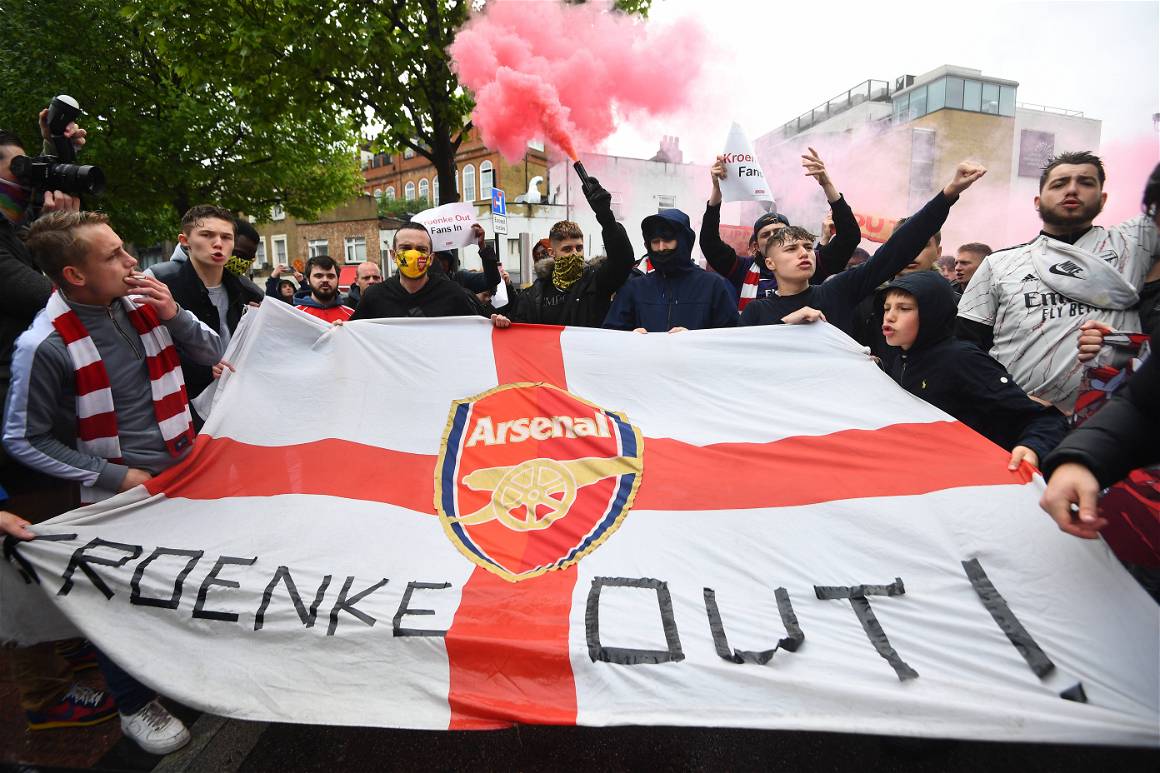
American money finds its way into sport because of the notoriety it affords the owners. The ego massage of looking out over Manchester United and the Tampa Bay Buccaneers for the Glazer family, or Stan Kroenke who at least part-owns Arsenal (Premier League football), Colorado Rapids (MLS), Denver Nuggets (NBA), LA Rams (NFL Super Bowl champions) and Colorado Avalanche (NHL), knowing you own all before you is a heady rush. Fenway Sports Group – founded by investment firm manager John W Henry and television executive Tom Werner – own Boston Red Sox and Liverpool, and eventually bought out a leveraged takeover from Tom Hicks and George Gillett which put the Reds literal minutes from administration in 2010.
That the four main US sports (American football, baseball, basketball and ice hockey) are predicated on a franchise model make the attachment between teams and towns less emotional than in European football. A country founded on capitalism means owners can do what they please with their club because it forms part of the American Dream. Is it any wonder Kroenke – whose Rams have played in Los Angeles (twice), Cleveland and St Louis in their history – doesn’t engage with Arsenal when the locals appreciably despise him? Everything has a price.
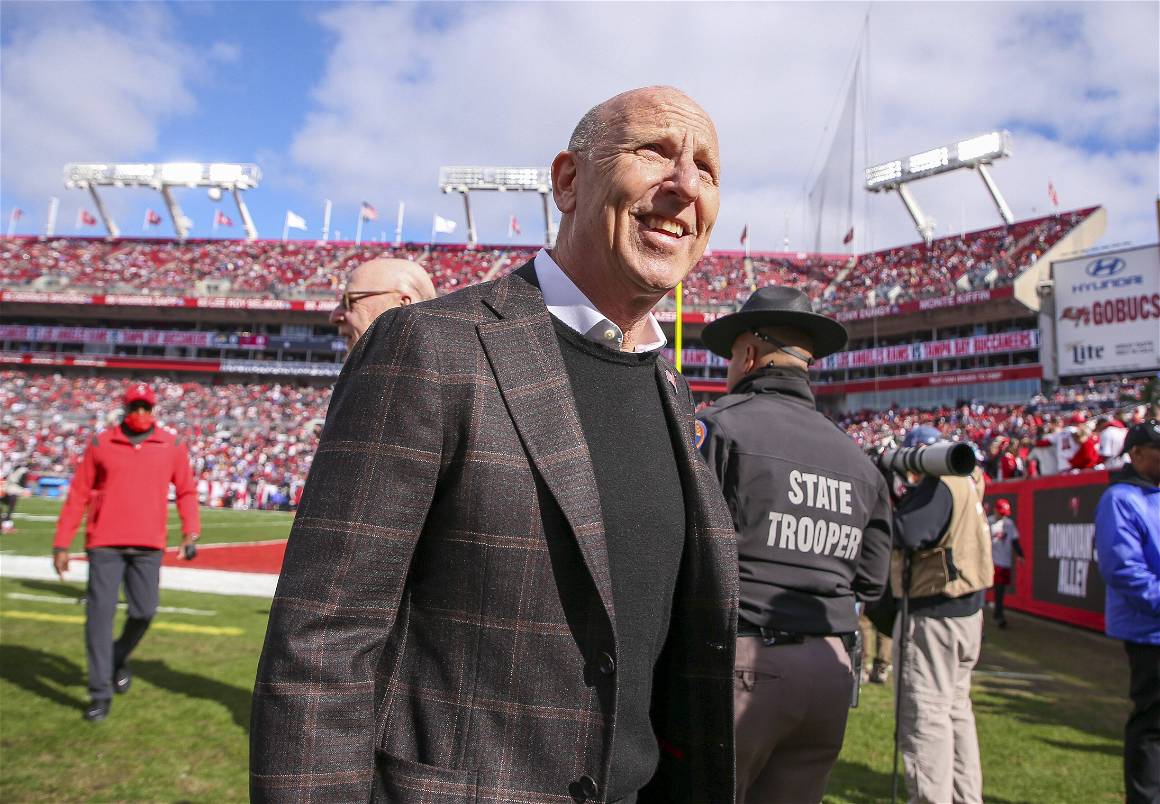
Football has joined American sports – and their owners’ increasing interesting in the European game – as the preserve of the super-rich because of the possibilities for growth. Even at the turn of the century, most Premier League clubs only had the average turnover of a supermarket. Hooked on the mushrooming prize money, sponsorship and TV rights, football clubs welcomed foreign investment. Only US nationals can realistically own a sports franchise and now look to Britain or Italy to grow their coterie of sports.
In Spain, Real Madrid, Barcelona, Athletic Bilbao and Osasuna are all owned by club members and elect presidents, who can’t invest their own money in the club. Atletico Madrid are among the clubs in theory open to investment – Israeli businessman Idan Ofer owns a third of the club – but most La Liga sides are majority-owned by fan membership. In Germany, the Bundesliga still has the 50+1 rule where fans own the majority of clubs. Wolfsburg, Bayer Leverkusen, Hoffenheim and RB Leipzig are the main exceptions, each founded as the work team for a specific company: Volkswagen, Bayer pharmaceuticals, software company SAP and Red Bull.
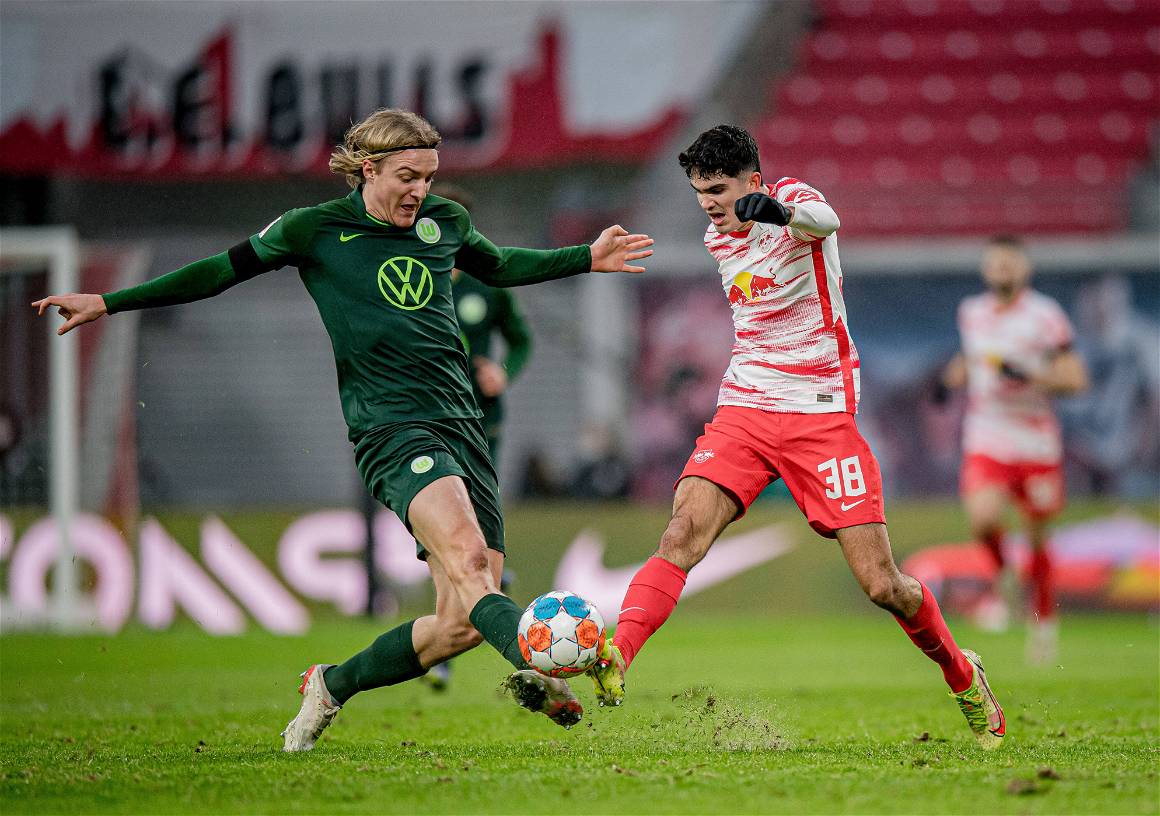
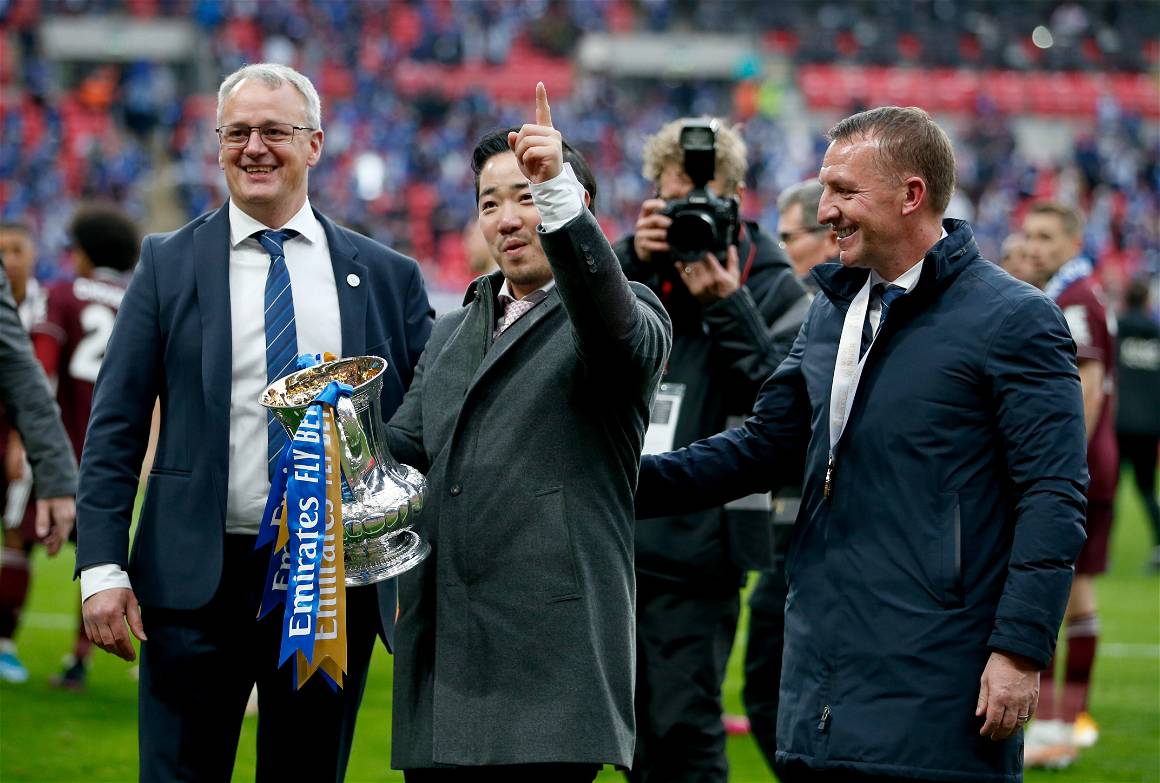
The Leipzig deal – in 2009 the energy drink conglomerate bought the playing rights of a fifth-tier side to gain entry to the German football pyramid – was controversial but is part of a new wave of multi-club ownership. Red Bull have teams in Salzburg (Austria), New York (United States) and Bragantino (Brazil), to provide revenue streams across the world.
Manchester City have gone one better, putting together a portfolio of 10 interconnected teams in New York, Melbourne, Japan, Uruguay, Belgium, China, India, Spain and extends as far as ES Troyes in the French second division. Even Watford’s owners, the Pozzo family are majority shareholders in Udinese and used to own Granada. Leicester City’s owners, the Srivaddhanaprabha family, also controls Belgian top flight side OH Leuven. Players are frequently ‘transferred’ between these teams, which more closely resemble franchises. Many see it as the future of club ownership, with differing rules surrounding who can own what across Europe.
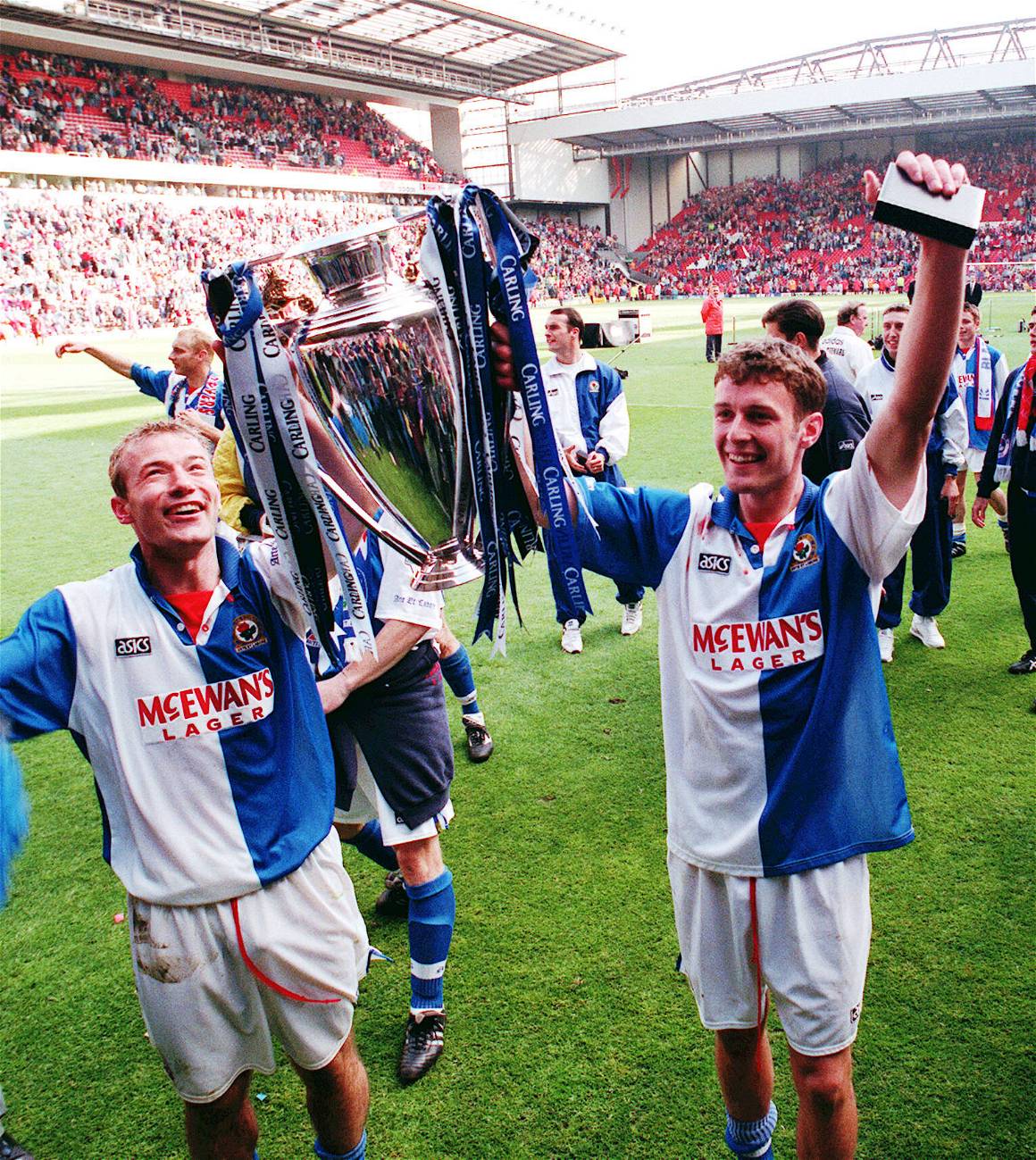
Rugby union or cricket’s Indian Premier League do feature rich owners, but more in the local-businessman-done-good sense that prevailed in football 30 years ago. Jack Walker made his money in steel in Lancashire before taking hometown club Blackburn Rovers to Premier League glory in 1995. Sure, it was Jack’s millions that won it, but there was at least a connection to the post-industrial town’s past. They’re now owned by Venky’s, an Indian poultry company.
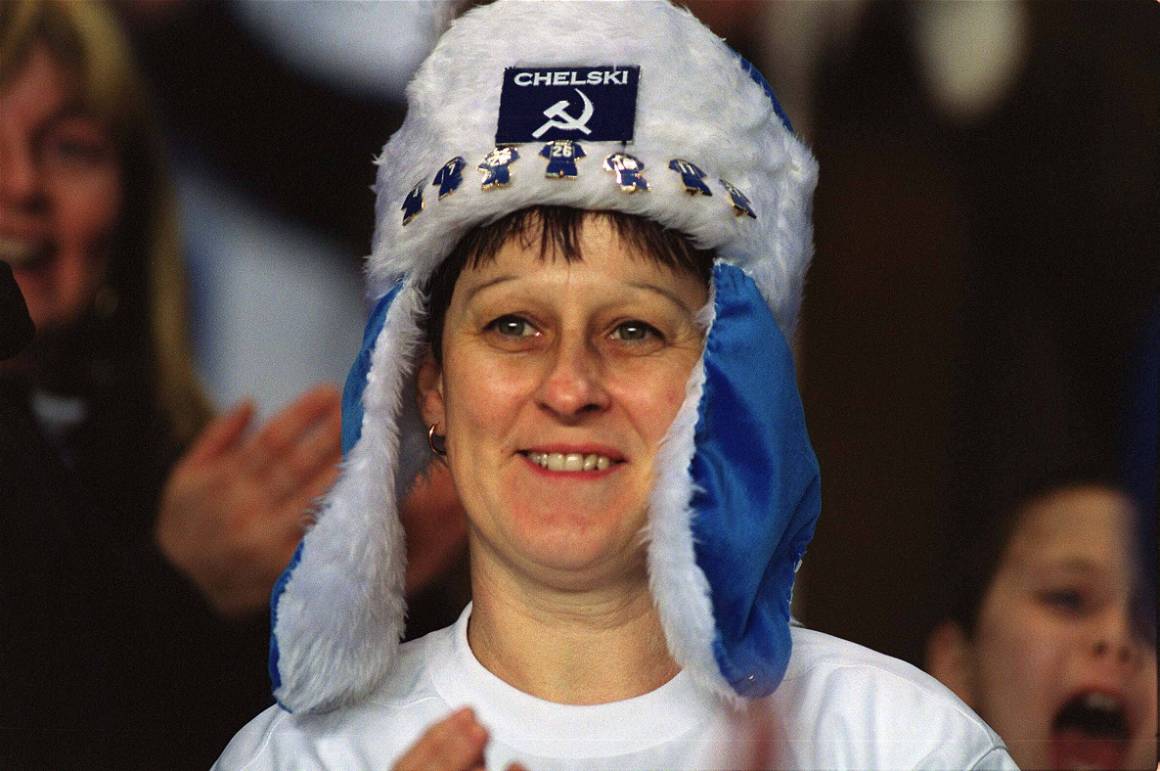
Back at Chelsea, the four parties left in the running to succeed Abramovich follow the well-trodden gamut of hedge fund managers and members of the white-collar elite who invest in sport. In a fast-moving story, the two frontrunners are a consortium headed by Todd Boelhy – part-owner of the Los Angeles Dodgers baseball team – and another led by Josh Harris and David Blitzer, who own the Philadelphia 76ers basketball franchise hold a minority stake in Crystal Palace. That a Saudi bid didn’t make it past the first cut, while the still-live bid from the Ricketts family – owners of the Chicago Cubs but whose patriarch Joe has been accused of Islamophobia, claims they deny – is unlikely to be successful are part of an increasing awareness of club ownership.
Future takeovers, like the sovereign wealth funds at Paris Saint-Germain (Qatar), Manchester City (Abu Dhabi) or Newcastle (Saudi Arabia), now seem unlikely. And all it took was World War III in Eastern Europe.


